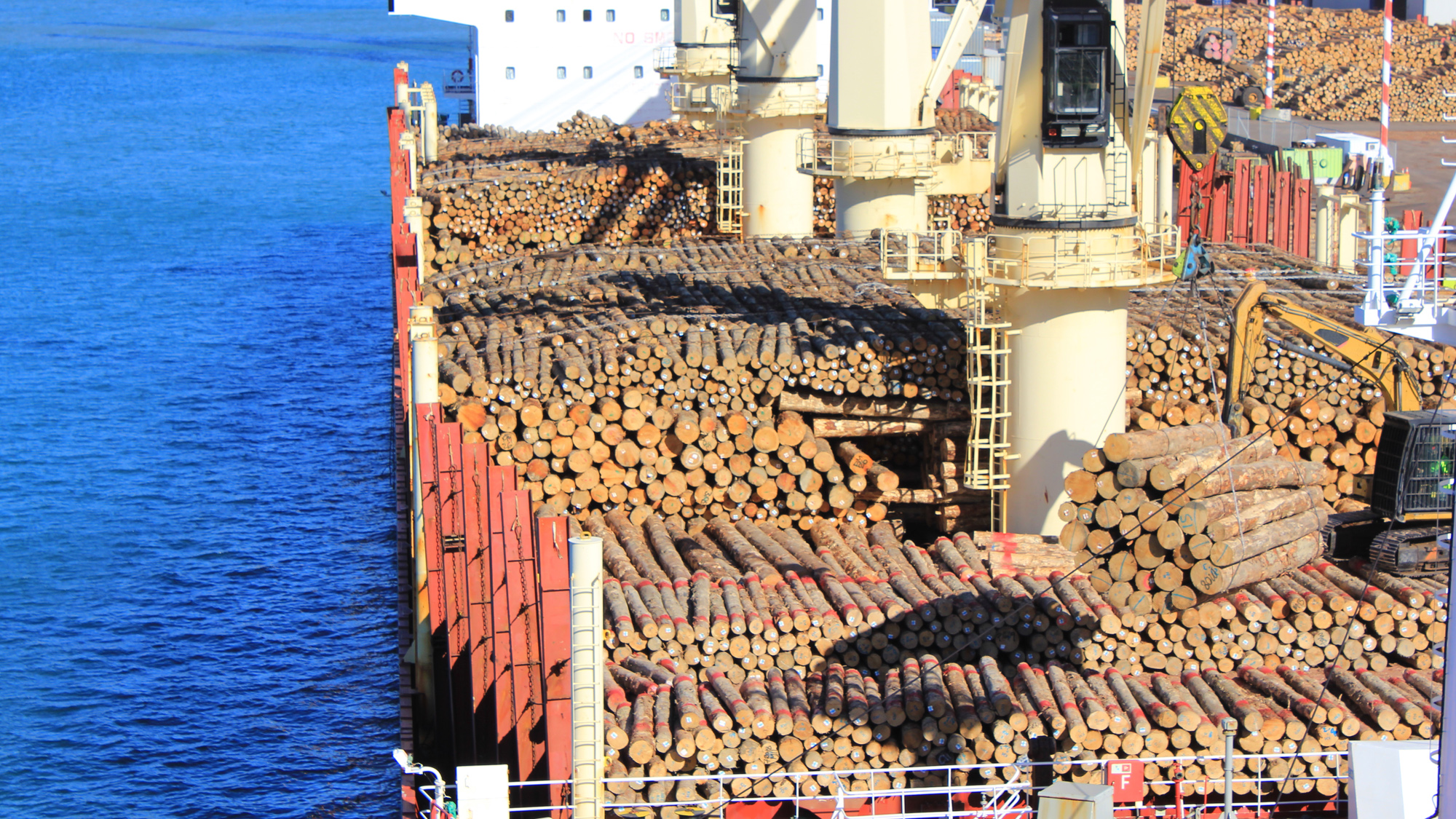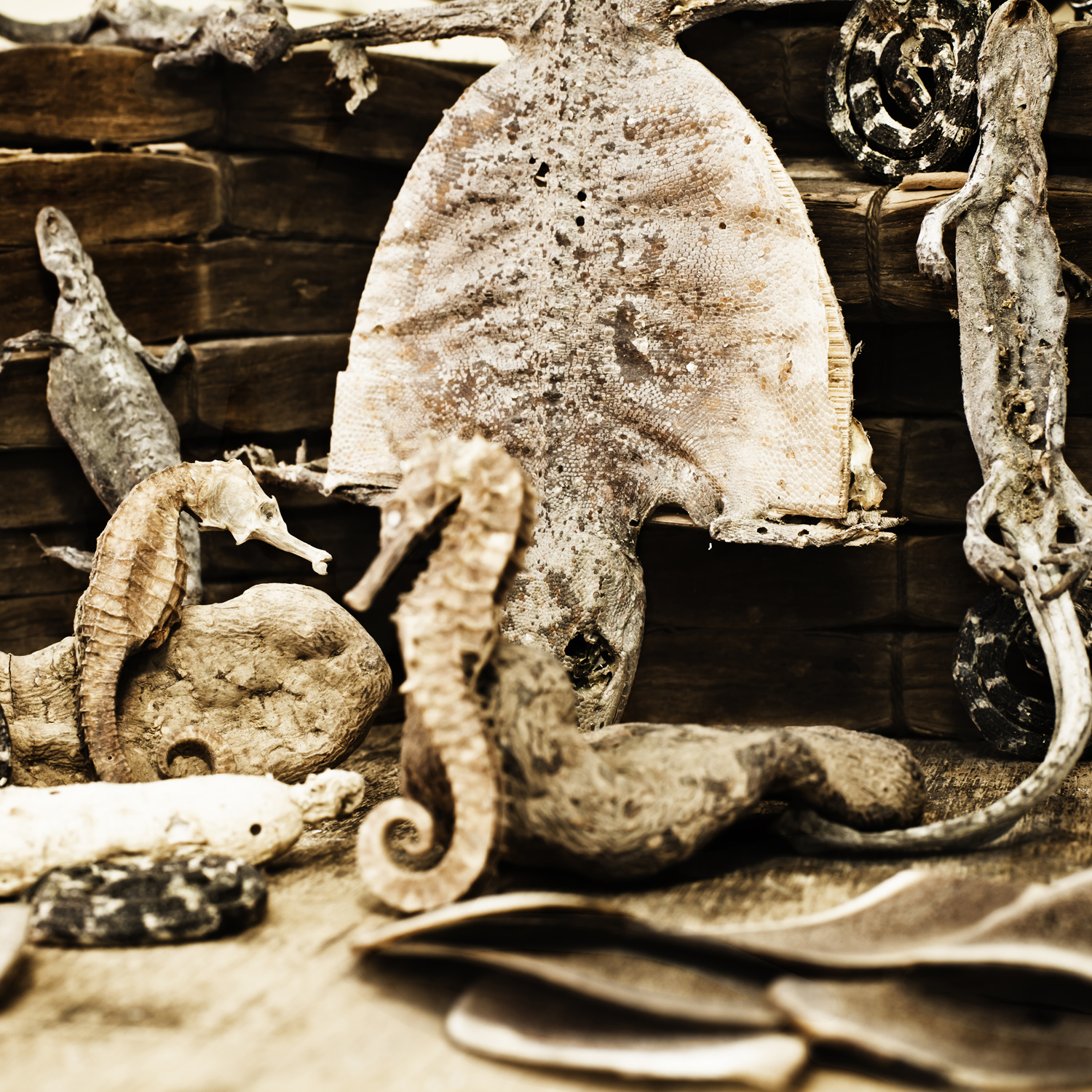Letter From The Pandemic
Am I Enough?

Image Jasmina007
Lynn Johnson
26 May, 2020
HowToSpendItEthically.Org would like to say thank you to Global Wildlife Conservation and SeaLegacy for their joint campaign #ExtictionEndsHere – A Letter From The Pandemic, asking “Am I Enough?”.
We leave their campaign statement unedited:
“We are living through unprecedented times. COVID-19 has swept through our nations, communities and our homes, touching each and every one of us and changing the way we live in unimaginable ways. But we know the likely causes of this pandemic, and it’s time to end the exploitation of wildlife and wildlife habitats that increases our exposure to pathogens that jump from animals to humans. It’s time to make our voices heard. It’s time to say enough is enough. Now that our own vulnerability has been laid bare, it’s time to demand #ExtinctionEndsHere — for all life on earth.”
And please share their campaign video:
The line between humans and exotic animals had long been breached. And in spite of a regular outcry over the illegal global wildlife trade, the legal trade goes unquestioned and is even clinically sidestepped by the premier conservation organizations. Has COVID-19 been enough for us to learn to change our consuming behaviour? But this question is not only about us as consumers, but also about the industries, businesses and governments desperate to nudge us back into pre-pandemic consumption patterns and business-as-usual. Have they learnt?
Events from the last couple of weeks would suggest not. HowToSpendItEthically.Org offers three example to highlight the scale of the inertia.
While we know that it is wonderful to have beautiful timber in our homes, offices and social spaces, #ExtictionEndsHere must remind us to question architects, interior designers and the homeware businesses we buy from. In May, the Indonesian government made timber export regulations easier, withdrawing the obligation on timber and wood product companies to provide legality assurance documentation with their exports; this was done under the guise of a Covid-19 trade stimulus strategy. This regulation change will make already opaque supply chains even more open to illegal logging and will make access to forests easier for both legal and illegal harvesting of wildlife. The government confirmed timber companies only have to provide legality assurance documentation if customers ask them to do so. Given that too many businesses appear to operate a “don’t ask, don’t tell” system in relation to their suppliers, it is unclear how many businesses will insist on proof of legality.

Image asbe

Image viavado
China’s new laws regarding the trade and consumption of wildlife are likely to contain numerous exemptions, including for leather, fur and Traditional Chinese Medicine. Loopholes have also been added allowing traders to stay in business if their products are used for science or medicine.
An IBISworld Industry report confirmed that the revenue for the Traditional Chinese Medicine manufacturing industry in 2019 was expected to total US$44.5 billion, up 9.9% from 2018. When you add in retail and exports, the value of the TCM trade to China balloons to US$420 billion.
What will the worldwide TCM industry commit to ensure the exemption it has been given to trade animal body parts doesn’t continue to drive extinction? Representatives of the industry have long admitted that “[there is a] segment of the TCM community that insists on using endangered animal parts in the pharmaceutical side of TCM”.
TCM is big business globally, as is the whole ‘wellbeing’ industry. Has COVID-19 been enough for consumers to ask the question “Should this industry have the positive brand and reputation it currently does have, when it is known to be contributing to the extinction crisis, while making huge profits and providing nothing to regulate and monitor the trade in endangered species?”

Image 4X-image
As a consumer, who may visit a TCM practitioner on one of the wealthiest high-streets in the world or an exclusive clinic, has COVID-19 been enough for you to ask some more rigorous questions of the person you have come to trust with your wellbeing?
Back to (luxury) fashion for the final example. Earlier this week Global Fashion Agenda published their latest edition of the CEO Agenda 2020, a special COVID 19 Edition. While they talk about “future-proofing their business models by placing sustainability at the core” and go on to say “[in the] Short term by utilising the opportunities the crisis presents to optimise fashion’s value chain, and long term to emerge on the other side with more resilient business models to prevent and combat future crises.”, the report fails to mention anything about the endangered species that are captive bred or legally harvested for the (luxury) fashion industry. This is astonishing given the zoonotic nature of COVID-19 and the fact that I contacted Global Fashion Agenda in March 2019 about this very issue. They did respond and acknowledge that my concerns about CITES and the issues with legal supply chains for endangered species are valid, so I would have expected at least some focus on the wildlife trade in a ‘special COVID-19 edition’ of their flagship report on fashion sustainability!
It is time for these industries to educate themselves on the wildlife trade and the flaws in the legal trade system. Investing in systems that make all trade transparent and improve monitoring and regulation is a healthy response to the unprecedented times we live in.

Image YevgeniyGq
We cannot protect ourselves individually from the next pandemic, we need the systems that exist to protect us to be watertight; this is not only the responsibility of our governments. Similarly, we cannot protect endangered species while supply chains are so opaque.
As consumers, we can let businesses know their brands and reputations will be tarnished if COVID-19 has not been enough for them to change their business practices and cultures.

Subscribe To
[mc4wp_form id=”29″]




